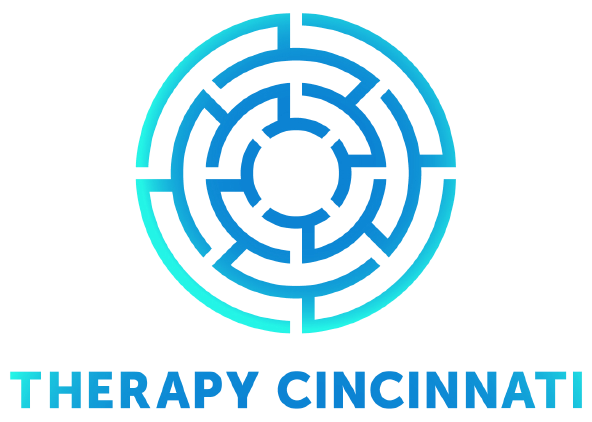Growing up in a family that didn't have much money can leave a lasting mark on your life. When your family struggled financially, it could have affected you in ways that still linger today. It's important to understand these impacts and how they might be influencing you now. Childhood trauma related to poverty can shape your feelings, behaviors, and thoughts as an adult, and recognizing these patterns is the first step towards healing.
It's important to note that this topic is broad and deep, and we are only going to touch on some of bigger themes on this topic. For example, the terms scarcity mindset and abundance mindset (mentioned in this blog) are big terms that have been written about extensively, but are only touched on briefly here. Let’s dive in to this topic and how therapy can help.
Feeling Different from Others
When you were a child, not having the latest toys or clothes might have made you feel different from your peers. This feeling of being different can persist, making you feel different from other today even as an adult. It's common to worry about how others see you. Remember, everyone has unique experiences, and yours have made you strong and resourceful. Learning to embrace your uniqueness can be empowering.
Anxiety About Money
Always worrying about bills and expenses as a child can lead to anxiety about money as an adult. You might stress over finances, even when there's no immediate need. This anxiety can affect your mental well-being, making it hard to relax and enjoy life. Therapy can help you address these worries and offer strategies to manage your anxiety, and understanding the roots of your financial anxiety can bring significant relief.
Struggle with Self-Worth
Growing up without much money can sometimes make you feel less valuable than others. You might have learned to tie your worth to your financial status, which can lead to low self-esteem and self-doubt. It's important to challenge these beliefs and recognize your inherent worth, which is not determined by your bank account. Therapy can assist in reshaping these negative self-perceptions.
Difficulty in Relationships
Financial struggles in childhood can affect how you relate to others. You might find it hard to trust people or feel the need to please everyone to gain acceptance. These patterns can strain your relationships, making it hard to form healthy connections. Understanding these tendencies can help you build stronger, more supportive relationships. Therapy can provide tools to develop healthier interpersonal skills.
Fear of Failure
Living in a financially unstable environment can create a deep fear of failure. You might worry excessively about making mistakes or not succeeding. This fear can hold you back from taking risks and pursuing your dreams. Building a mindset that sees failure as a learning experience can be transformative, and working with a therapist who specializes in trauma can help you change the way think.
Scarcity Mindset
A childhood of financial struggle can lead to a scarcity mindset, where you constantly fear running out of resources. This mindset can make you overly cautious and reluctant to spend money, even when it's necessary. Learning to shift to an abundance mindset can help you feel more secure and make better financial decisions. Therapy can guide you in changing these deep-seated beliefs.
Overworking
If you grew up watching your parents work multiple jobs to make ends meet, you might have developed a habit of overworking. You might feel like you must always be productive to ensure financial stability, and it might feel like there is no end to work. While hard work is valuable, it's also important to balance it with rest and self-care. Burnout can have serious effects on your health and well-being. The good news is that therapy can help you find a healthier work-life balance.
Impact on Education
Financial difficulties in childhood can also affect your education. You might have had to work part-time jobs or miss out on extracurricular activities to help support your family. This can lead to feelings of inadequacy or missed opportunities. However, your experiences have also likely made you resourceful and determined, qualities that are incredibly valuable. Recognizing and valuing these strengths is essential.
Seeking Professional Support
Acknowledging how your past has affected you is a crucial step in healing. Seeking professional support, such as therapy, can be incredibly beneficial. A therapist can help you unpack these experiences and develop healthier coping mechanisms. Therapy provides a safe space to explore your feelings and work towards a more positive future. Investing in your mental health can bring long-term benefits.
Building Resilience
Despite the challenges, growing up in a financially struggling family can also build incredible resilience. You've learned to navigate difficult situations and find solutions. Recognizing and celebrating your strengths is important. Therapy can help you harness this resilience, turning past struggles into sources of strength. Your resilience is a powerful asset in overcoming future challenges.
Creating a Positive Future
While the past has shaped you, it doesn't have to define your future. However, it's important to remember that you have the power to change your narrative. Seeking therapy and professional support can provide you with the tools to heal and thrive. Your experiences have made you strong, and with the right support, you can turn those challenges into triumphs. Embrace your journey towards a better future by reaching out to a therapist at Therapy Cincinnati.

